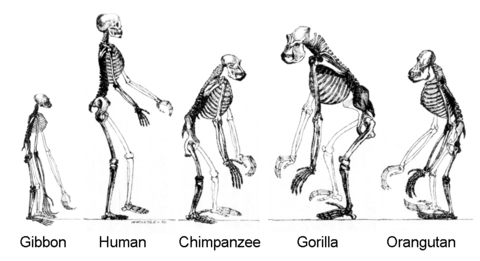Avalere Health, the consulting firm, sees financial-risk-bearing Accountable Care Organizations gaining more traction and popularity this year. It says that “providers will feel increasingly comfortable with assuming financial risk in exchange for larger incentives” as more than 9 million Medicare beneficiaries are covered by a total of 480 (ACOs), including 99 new participants, in the Medicare Shared Savings Program (MSSP).
The number of ACOs participating in the Next Generation ACO Model launched by the CMS Innovation Center has more than doubled to 45 this year, from 17 in 2016..
Of the 525 ACOs serving Medicare beneficiaries, 87 are in risk-sharing arrangements that include bearing financial losses if certain cost targets aren’t reached.
Healthcare Dive noted: “Expansion of MSSP and growth in the number of risk-sharing ACOs is due in large part to the passage of MACRA, which is accelerating the trend toward value-based initiatives through the Quality Payment Program. So far, it seems that MSSP has been successful saving a total of $466 million in 2015 and more than $1.29 billion total since 2012.”
“As Congress considers health reform, there is some doubt surrounding the future of value-based initiatives like MSSP, which was established by the ACA. One reform floated by Republican leadership could be detrimental to progress made toward value-based care.”
“This approach would cause Medicare to function more like traditional markets, which would increase financial responsibility borne by beneficiaries and leave improvements to market forces rather than government regulators.”
To read the Avalere report, please hit this link.
To read the Healthcare Dive analysis, please hit this link.





